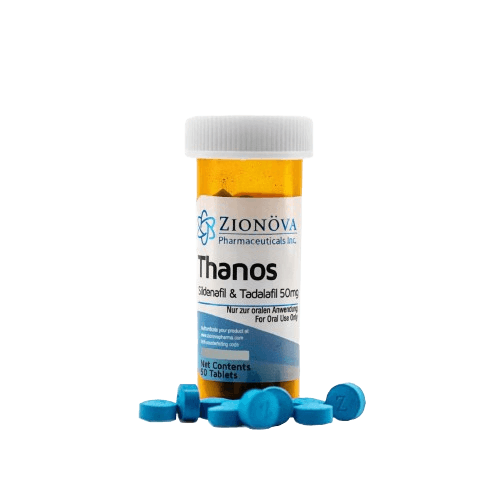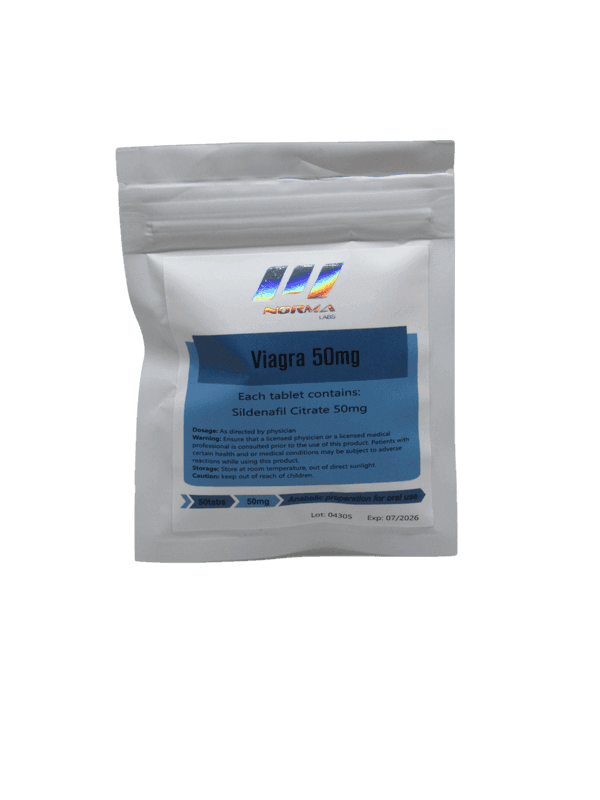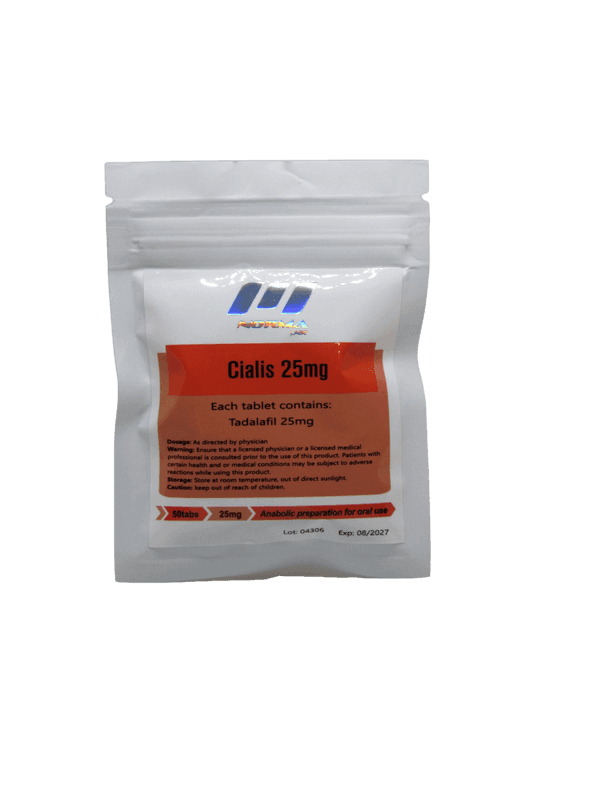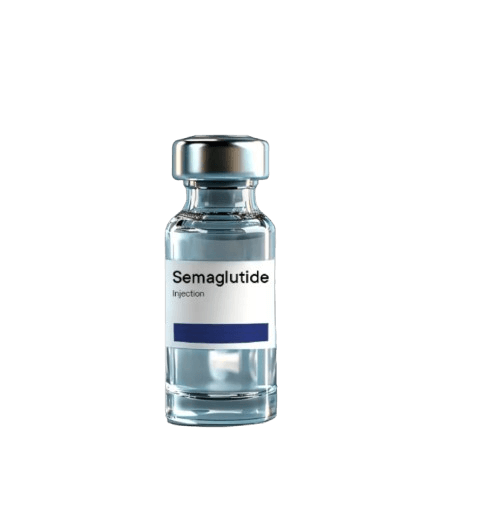[vc_row][vc_column][vc_column_text css=””]
8 Best Anti-Aging Supplements and Vitamins for Optimal Health
A Comprehensive Tutorial to Longevity.
Short Summary
Searching for ways to maintain youth, improve vitality, and enhance overall well-being is a common goal for people across all stages of life. This article explores the connections between aging, nutrition, and the many types of supplement options on the market today. If you’ve ever wondered how certain vitamins and minerals can help slow the aging process, boost immune function, or even reduce inflammation, keep reading. You’ll discover the science behind the best anti-aging supplements and vitamins, learn why they matter, and get practical tips to support longevity in your daily routine.
What Is an Anti-Aging Supplement and Why Does It Matter?
When people talk about using a supplement to slow down or counteract the causes of aging, they typically refer to products formulated with specific vitamins, minerals, and other compounds that may help slow certain aging processes within the body. An anti-aging supplement might include antioxidants, omega-3 fatty acids, or phytonutrients that target cellular senescence one of the key phenomena behind the progression of the aging process. While the search for the best anti-aging supplements continues to evolve, there is growing evidence suggesting that nutrition and supplementation can play a role in energy production and reduce the risk of age-related diseases.
One reason why an anti-aging supplement regimen matters is the connection between aging and disease. Many older adults face age-related challenges, such as decreased immune function, heart health concerns, and higher risk of developing type 2 diabetes. By selecting the best products like certain supplements that contain vitamin E, coenzyme q10, or b vitamins individuals can support your overall health. Health professionals often emphasize how proper supplementation, combined with fruits and vegetables and other healthy lifestyle choices, may help slow the aging process or even reduce the risk of age-related diseases. It is important to remember, however, that supplements should not be used as a magic cure-all but rather as a strategic component of a broader plan focusing on regular exercise, stress management, and a balanced diet.
How Does Vitamin C Contribute to Longevity?
Vitamin C is a popular supplement that plays an integral role in defending the body against oxidative stress. Oxidative stress is a crucial factor that accelerates the aging process, leading to chronic diseases and other problems associated with age-related decline. Research indicates that maintaining adequate levels of vitamin C may improve overall immune response and potentially reduce inflammation. When we talk about longevity, vitamin C stands out for its antioxidant capabilities and potential to support longevity and overall health.
Beyond its immune-boosting properties, vitamin C has anti-inflammatory properties that may help reduce the risk of heart disease and age-related conditions. Indeed, many people are advised to follow a recommended daily intake of this essential nutrient. If you are considering a vitamin C-focused anti-aging supplement, look for products that meet your nutritional needs while respecting the recommended daily intake guidelines. Keep in mind that supplementation should be balanced with a diet rich in fruits and vegetables to ensure a broad spectrum of essential vitamins and minerals.
Are Longevity Supplements the Key to Healthy Aging?
The idea of longevity supplements has gained significant attention for its potential anti-aging benefits. Certain supplements may improve how the body manages inflammation, oxidative stress, and cellular aging. One example is coenzyme q10, known for its role in energy production. Coenzyme q10 helps convert the food we eat into usable energy and offers antioxidant support that can help slow down the aging process.
While there is no single magic pill to stop signs of aging entirely, longevity supplements could be a valuable addition to a routine aimed at healthy aging. For instance, fish oil supplements contain omega-3 fatty acids that can assist with cardiovascular health, joint health, and possibly reduce the risk of age-related diseases. Combined with a nutrient-rich diet and regular exercise, these targeted formulas can be part of a comprehensive plan to support longevity. However, before adding any new supplement to your regimen, consult your doctor or other qualified health professionals, as supplements can interact with medications and vary based on individual health status.
Which Anti-Aging Vitamins Should You Prioritize?
When exploring anti-aging vitamins, vitamin C and vitamin E often top the list because they are potent antioxidants that counter oxidative stress in the body. Vitamin E, in particular, is believed to support skin aging defense, cellular health, and heart health. Similarly, vitamin C contributes to collagen production for better skin health and helps reduce the risk of infections by strengthening immune function. Both vitamins play an instrumental role in supporting bone health, especially when combined with essential vitamins like vitamin D.
It’s also worth noting that B vitamins can help improve overall brain health and cognitive function. These vitamins play critical roles in energy production pathways involved in aging. If you aim to reduce the risk of age-related conditions, focusing on adequate intake of these vitamins could prove beneficial. But remember, certain supplements alone won’t address all the causes of aging; instead, combine these nutrients with healthy habits like regular exercise, balanced meals, and stress management.
Do Vitamin and Mineral Formulations Really Help with the Aging Process?
Vitamin and mineral formulations are often categorized as dietary supplements. These products might contain a combination of nutrients designed to meet or exceed the recommended daily intake for various vitamins and minerals. The premise is that getting the right nutrient balance can help reduce the risk of deficiencies that might accelerate the body’s natural aging process. For instance, insufficient amounts of vitamin C or vitamin E can elevate oxidative stress and potentially increase the risk of age-related conditions.
Interestingly, certain supplements might even offer benefits for individuals who have difficulty meeting nutritional needs through diet alone. Older adults, for example, may require specialized vitamins or minerals due to decreased absorption or specific health challenges. Still, taking turmeric or curcumin supplements is another way people seek to gain anti-inflammatory properties. These ingredients have been used in traditional medicine for centuries and have also been shown to help reduce inflammation. Ultimately, each vitamin and mineral formula should be considered on a case-by-case basis, and health professionals often advise a personalized approach rather than a one-size-fits-all strategy.
Can Supplements for Longevity Improve Skin Health and More?
Skin health is a major concern for anyone interested in an anti-aging supplement approach. Many people wonder if supplements for longevity can directly improve the appearance of skin. Certain supplements may improve collagen synthesis, reduce free radical damage, and improve hydration, thereby positively influencing how the skin looks and feels. For example, vitamin C, vitamin E, and omega-3 fatty acids all have specific roles in maintaining healthy, youthful-looking skin.
Apart from skin health, another area people look at is how these products might bolster overall well-being. Supplements for longevity might contain broad-spectrum compounds that aid in heart health, brain health, and metabolic function. However, it’s crucial to remain discerning: not all products are created equal, and some supplementing may be more effective than others. Consult a qualified healthcare provider to ensure you’re investing in high-quality items tailored to your needs.
15 Best Ways to Support Gut Health with the Right Supplement Choices
When it comes to the interplay between gut health and an anti-aging supplement strategy, many do not realize how vital the microbiome is. A balanced gut can help reduce inflammation, support immune function, and enhance nutrient absorption. Since the gut is often called the “second brain,” paying attention to what you consume both in terms of diet and supplements can have a far-reaching impact on the rest of your body.
Here are 15 best practices to support gut health:
-
Choose a probiotic supplement designed to promote beneficial bacteria. -
Focus on omega-3 fatty acids for their anti-inflammatory properties. -
Include fiber-rich fruits and vegetables in your daily meals. -
Add in a vitamin and mineral formulation if you have known deficiencies. -
Consider taking turmeric or curcumin supplements for their potential to reduce inflammation. -
Drink plenty of water to facilitate digestion and nutrient transport. -
Get enough sleep to help slow the aging process. -
Manage stress, as chronic stress can disrupt the gut microbiome. -
Check your recommended daily intake levels for essential vitamins. -
Use fish oil supplements if you don’t consume enough fatty fish. -
Limit ultra-processed foods that may harm gut balance. -
Examine any medication or supplement interactions with your doctor. -
Incorporate fermented foods like yogurt, kefir, or kimchi. -
Monitor your health status through regular check-ups. -
Remember that supplements should be taken with professional guidance to maximize efficacy.
What Are the Best Supplements for Joint Health and Beyond?
Many individuals look for the best supplements specifically to address joint health issues, another aspect of aging by reducing discomfort. Ingredients like omega-3 fatty acids, vitamin C, and certain antioxidants can help reduce the risk of inflammation around the joints. Some supplements may improve tissue repair, while others help maintain cartilage integrity. Selecting the best means identifying which formulas have proven track records in reducing joint pain or supporting cartilage regeneration.
In addition to joint health, focusing on supplements that address cardiovascular health is also critical. Heart health is a central concern, especially when discussing risk of age-related diseases. For instance, fish oil supplements containing EPA and DHA have been linked to a lower risk of heart disease and better cardiovascular health. Similarly, coenzyme q10 is believed to help with energy production, potentially supporting overall cardiac function. Ultimately, each supplement should be carefully chosen to support longevity in multiple body systems.
How Do the Best Longevity Supplements Enhance Overall Well-Being?
The best longevity supplements often tackle multiple pathways involved in aging. They can provide antioxidants to combat oxidative stress, help reduce inflammation, and support cellular health. A prime example is coenzyme q10, which plays a significant role in energy production at the cellular level and may help slow certain aging markers. Another example is vitamin E, known to protect cells from free radical damage.
When combined with a balanced diet and healthy lifestyle, these supplements may improve crucial factors such as immune function, bone health, and cardiovascular health. In addition, certain supplements could help reduce the risk of chronic diseases like type 2 diabetes or heart disease. Yet it is essential to note that supplements are not regulated as strictly as pharmaceutical products, so select carefully. Look for reputable brands that adhere to quality standards, and remember that supplements should be taken only after consulting with health professionals.
Is Improving Skin Health Possible Through Supplements and Vitamins for Longevity?
Improving skin health is possible when you focus on quality supplements and vitamins for longevity. Nutritional supplements that emphasize antioxidants, vitamins (like vitamin C and vitamin E), and supportive compounds can enhance collagen production and protect against free radicals. These measures might help slow down the visible signs of aging, like wrinkles or dryness. In fact, attention for its potential anti-aging effects has grown significantly around products that promise to suppress brain aging and fight skin aging simultaneously.
However, while skincare routines and cosmetics can be part of the plan, the inside-out approach using dietary supplements and a balanced lifestyle is equally important. The national institutes of health warns that certain supplements can interact with prescription medications, so always consult your doctor to check safety and effectiveness. Combining internal support through vitamins, minerals, and essential nutrients alongside topical treatments often yields the most comprehensive results.
Final Thoughts About This Post.
- Focus on Antioxidants: Vitamins C and E, along with other antioxidant-rich nutrients, combat oxidative stress and help slow the aging process.
- Balance Is Critical: Certain supplements can enhance multiple facets of health, but they must be combined with a nutritious diet, exercise, and stress management.
- Consult Professionals: Because supplements can interact with medications, always discuss any new regimen with health professionals before you begin.
- Mind the Recommended Daily Intake: Avoid both deficiencies and toxicities by following recommended guidelines, especially for critical nutrients like vitamin C.
- Address Multiple Systems: From skin health and gut health to cardiovascular health and brain health, a well-rounded approach is essential for true longevity benefits.
- Quality Matters: Since supplements are not regulated as strictly as medications, look for reputable brands and formulas that have been tested for purity and efficacy.
- Lifestyle Support: Beyond just pills, concentrate on a healthy lifestyle that reduces the risk of age-related complications and promotes optimal health for the long run.
- Personalization: Everyone’s health status is unique, so supplements should be taken under the guidance of a professional who can customize your approach.
By following these guidelines and carefully adding the right products into your daily routine, you can support longevity and overall health, help slow the aging process, and maintain vitality as you move through life.
[/vc_column_text][/vc_column][/vc_row]
Testosterone and HGH: Exploring Benefits, Risks, and Synergy












